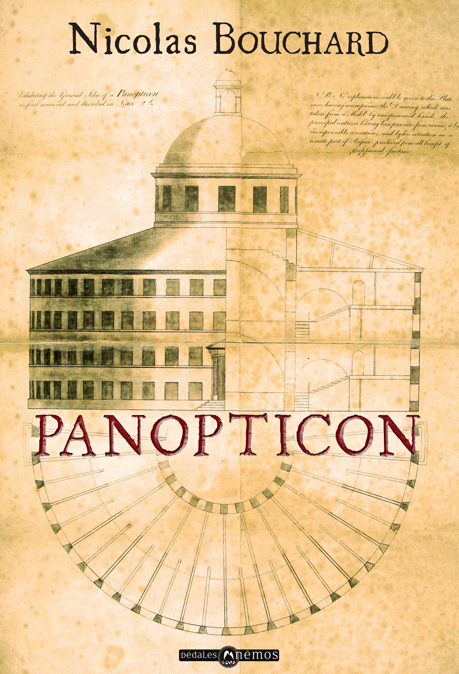
Back Cover: Summary
Through six meditations on the ideology of architecture Grant Vetter is able to give us a new set of coordinates for understanding social control in the twenty-first century. Moving between historical precedents in the east and west, Vetter's work reveals a hybrid order of architectural power that acts on subjectivity from within rather than without. Whether characterized as a process of indo-colonization, social ionization or a sub-atomizing social physics, Vetter's account of architectural subjectivation requires a complete rethinking of power/knowledge as invested in producing perfected subjects rather than normative ones. This new paradigm can be described as a sovereign power inasmuch as it acts directly on the body through enterrogatory discipline, inferrogatory infomatics, modulated (in)dividualism, auto-affective attunement and incentivizing injunctions. As a critical rejoinder to the discourse of panopticism, The Architecture of Control is essential reading for anyone who is interested in new modes of resistance to the designs of biopower and imperial democracy.



EXCERPT (Page 26-27)
"And yet, perhaps a fourth answer brings us closest to grasping the real function of hyper-Panoptic control in the twenty-first century — namely, that the rationalist diagram of power has been joined to a transcendent qualifier of sorts, (omnipresence), finally giving Bentham’s designs a nearly incontestable, and previously unimagined efficiency. Someone, or really some things, are now always everywhere watching us — posited as the universal implementation of a techno-archio metaphysic. This new ‘pan’-optic is constituted by the multiplication of devices of capture such as cameras, scanners, recorders, tracking devices, digital files, imprints, data archives, etc., etc.
As such, neo-Panopticism can be characterized as a system of measures that are simultaneously invasive and invisible; active and arbitrary; categorically motivated and open-ended. In this regard, the neo-Panoptic order reconciles many of the contradictions that plagued the Benthamian project by being much more even in its application and far less discontinuous in its distribution — which amounts to saying very much the same thing, i.e., that neo-Panopticism is a power of recuperative univocity."




